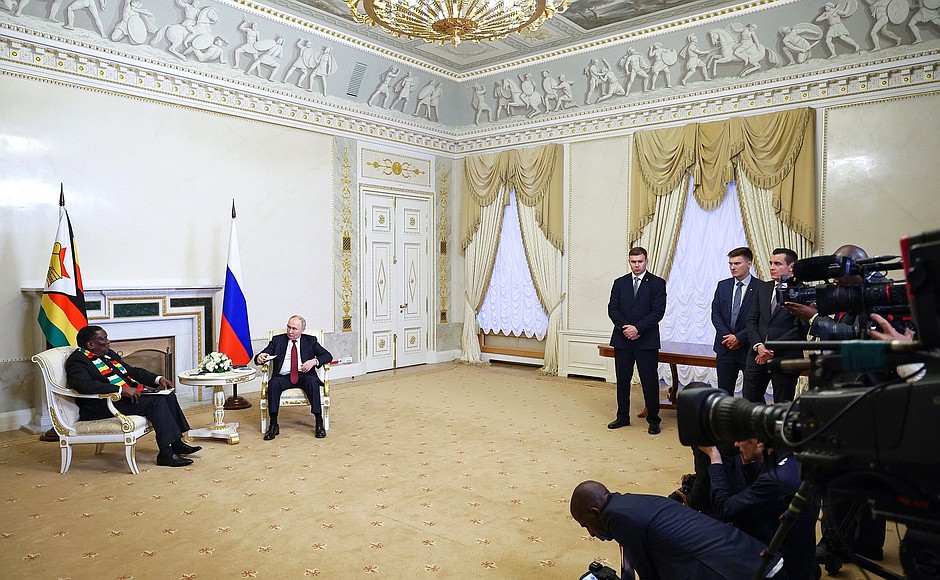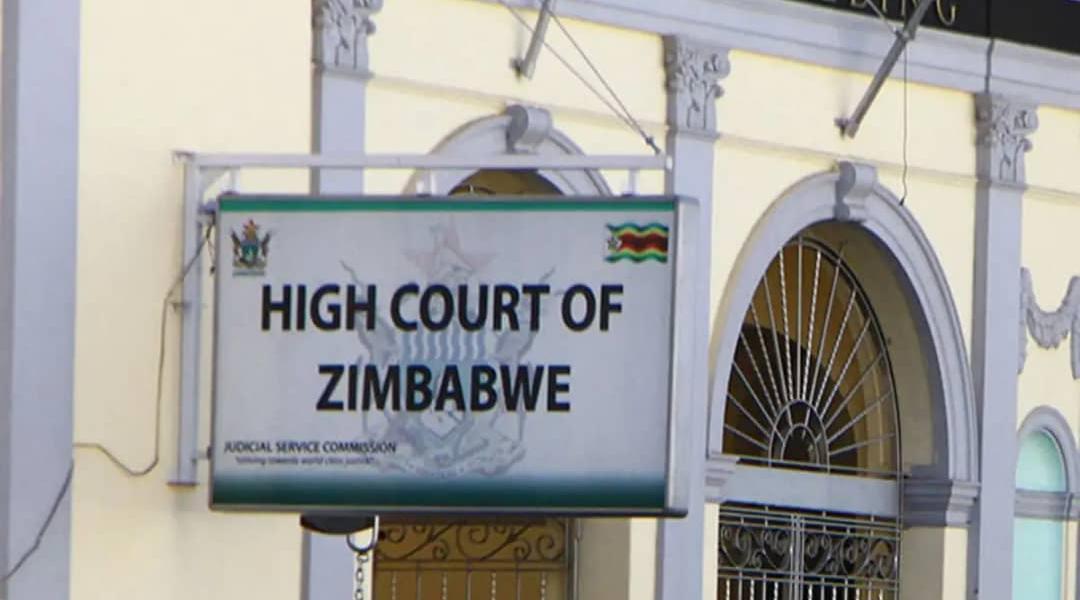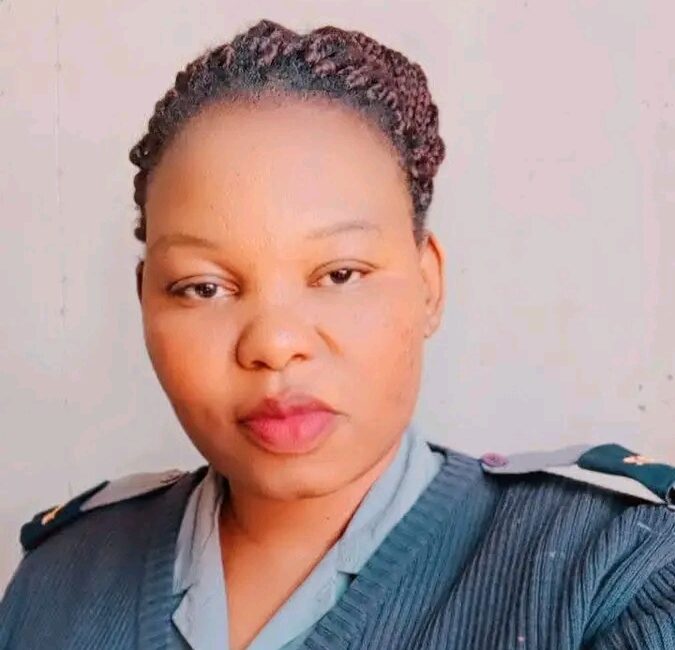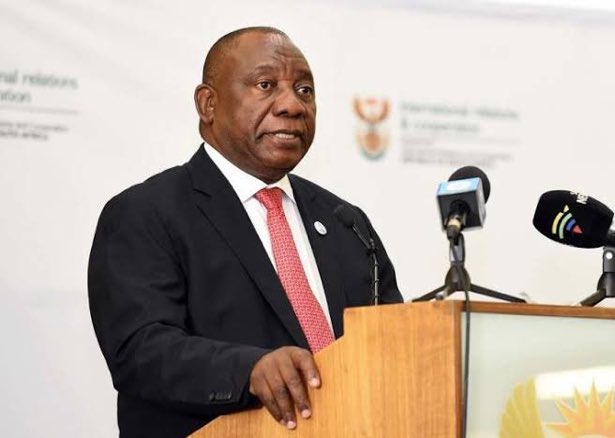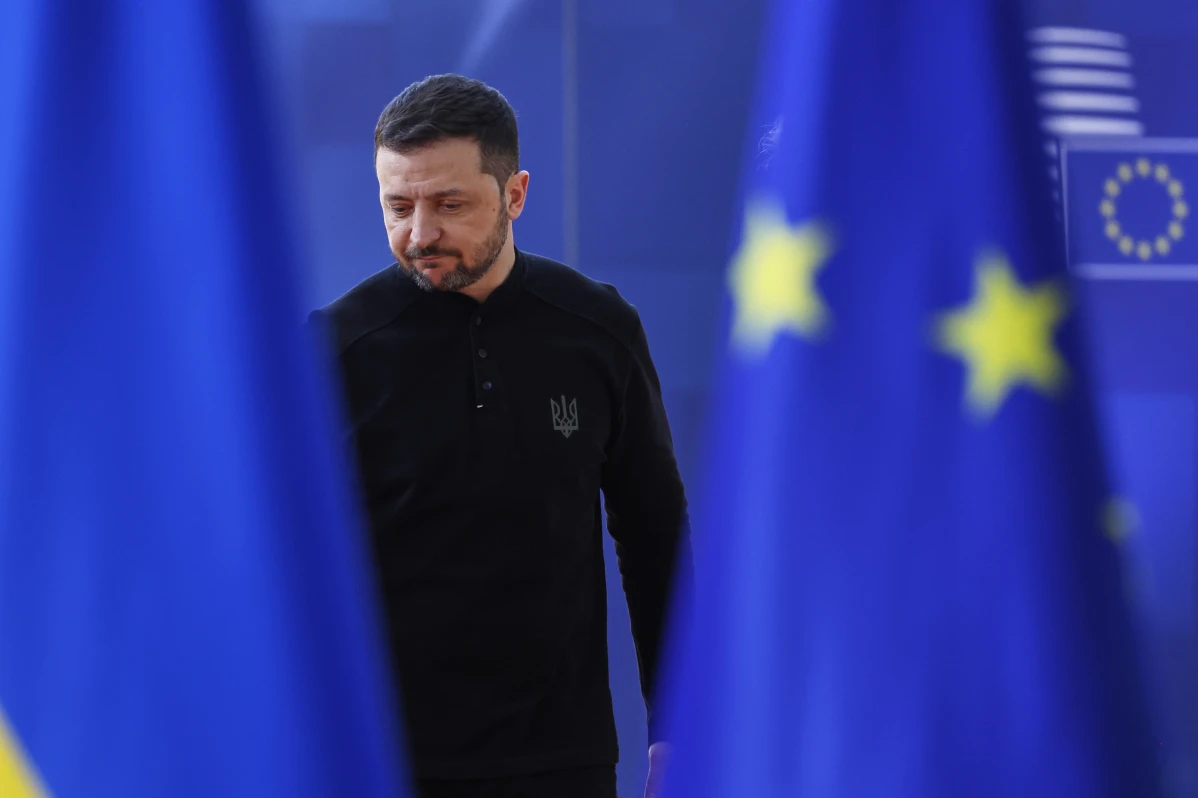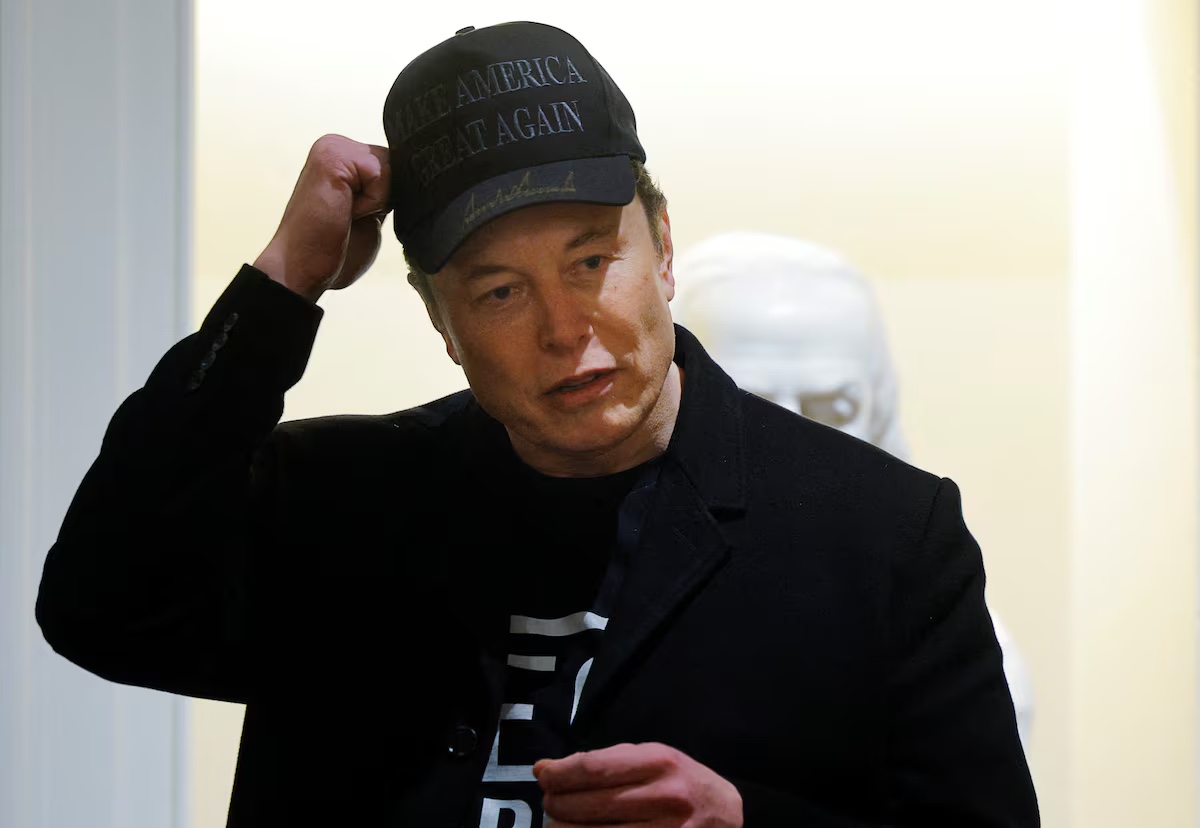LUSAKA, Zambia – Zambia is seeking “urgent and immediate intervention” from SADC and the African Union over “an unwarranted attack on the country’s sovereignty” by Zimbabwe’s President Emmerson Mnangagwa, foreign minister Mulambo Haimbe told parliament on Thursday.
His comments came after Mnangagwa, in a meeting with Russian President Vladimir Putin at the Kremlin on June 6, appeared to suggest that Zimbabwe’s northern neighbour was now a threat to his country’s security by aligning with the United States.
“The Americans,” Mnangagwa told Putin, “are consolidating their power in that country (Zambia), both in terms of security and in terms of financial support to make sure that we feel lonely.”
He asked Putin for support “especially in the area of defence and security as well as food security.”
Zimbabwean officials said they thought the discussions between the two men were private after the Kremlin published a transcript of the exchange, as well as allowing the release of a video.
Haimbe told Zambia’s parliament that they wanted their dispute with Zimbabwe dealt with “decisively and conclusively” by regional countries.
“Having verified the veracity of the video through diplomatic channels, the government is gravely concerned with its contents which we consider an unwarranted attack on Zambia’s sovereignty,” he said.
“The peoples of Zambia and Zimbabwe have always enjoyed warm relations from pre-colonial times such that Zambia provided assistance including military support to the Zimbabwean liberation movement and allowed our brothers and sisters in the struggle to operate from Zambia.
“It is a known fact that Zambia provided a safe haven for those feeling persecuted during that difficult time in our history and that our founding father Dr Kenneth Kaunda played a key role in international diplomacy efforts that led to the eventual independence of Zimbabwe in 1980.
“On our part, as Zamiba therefore, we have never looked back or regretted having played that crucial, unifying role. Nothing has changed since then. Zambia is a peace-loving nation whose desire is to pursue friendlly relations with all nations including Zimbabwe, the Russian Federation and indeed the United States of Africa among others.
“For instance, not too long ago in March this year, Zambia was one of the first countries that called on the United States and the European Union to remove sanctions on Zimbabwe when the United States imposed new sanctions.
“It is against this backdrop that I wish to state in no uncertain terms that this demonstrates our commitment to the pursuit of neighbourly and peaceful relations between the two nations.
“Regrettably, however, the sentiments expressed by His Excellency President Mnangagwa do not appear to accord with the warm relations highlighted above hence our concern as government and hence our quest to have this matter decisively and conclusively addressed.
“We wish to reiterate that as a sovereign state we have no interest in moving away from our warm relations with either Zimbabwe, Russia or indeed our western partners nor do we have any desire to pitch one against the other.
“We are alive to the fact that we as members of the wider global community and that in both the regional and continental contexts there is need to find a lasting solution to the matters in issue through an appropriate mediation process which should result in measurable outcomes.
“It is in this context that we have sought the regional bodies’ urgent and immediate intervention in relation to the present and any other matters in seeming contention between Zimbabwe and ourselves.”
Zimbabwe and Zambia have been locked in a simmering diplomatic tiff since longtime opposition leader Hakainde Hichilema assumed power in 2021. Hichilema was part of an alliance of regional opposition parties which included the Movement for Democratic Change in Zimbabwe, and Mnangagwa’s government suspects he has been channeling financial assistance to the ruling Zanu PF party’s rivals.
The row deepened after Zimbabwe’s disputed elections in August 2023 when a SADC election observation mission headed by Zambian Nevers Mumba concluded that the polls were not held according to regional and international standards on democratic elections.

